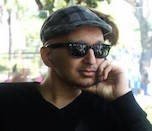“I Lost Control With Cancer And Found it Again With Running”
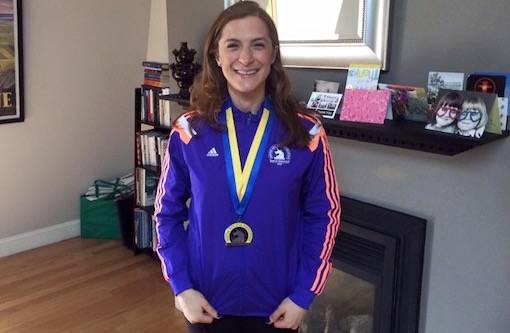
Aliza Stern (38), a medical provider, lives in Boston, MA. Diagnosed with breast cancer in 2013, she went through surgery and radiotherapy. To help reduce the risk of a recurrence, she is currently using an study medication whose major side-effect is fatigue.
Stern signed up for the 119th Boston Marathon this year after another cancer survivor friend’s insistence. Following a long training session of 6 months, Aliza Stern completed the marathon with a time of 4:52:49.
Dana Farber Marathon Challenge, Stern’s running team, has 571 people including approximately 20 cancer survivors. According to Stern, the treatments of some of the cancer survivor marathon-runners were still underway.
We interviewed Aliza Stern on her running experience as well as the importance of exercise during/after cancer treatment.
Do you remember how you decided to run the 2015 Boston Marathon?
After being diagnosed, I was doing a lot of reading and looking for ways to stay healthier. So, I decided to do yoga and running which I used to do before. When I was finishing radiation, I finished two 5K runs. I could actually run a half-marathon after a friend’s insistence for her 40th birthday.
Later on, one of my friend I met through Dana Farber asked to “run the full with her” at Boston Marathon. I was like “I am not sure”. But my friend insisted: “You are already on halfway. Just finish it.”
I came to the point where I said to myself “Aliza, you were able to overcome a very difficult treatment. Why not run a marathon?” Next thing I know is I called up Dana Farber Marathon Challenge and ask how I can be on the team. Then I found myself training and raising funds for Claudia Adams Barr Program in Innovative Basic Cancer Research at Dana-Farber Cancer Institute.
Did you ask your oncologist about running a marathon?
Of course! They recommended me to run as long as I felt good about it. On the other side, oncologists really do encourage during treatment. They also told me that keeping your body weight low and doing regular exercise reduces the rate of recurrences. Especially in breast cancer cases.
How did you prepare to the marathon?
We were very lucky about the training because our coach was Jack Fultz, the winner of the 1976 Boston Marathon. He gives you a basic plan and if you follow that regularly, everything goes easier. You basic work every day a week expect one day. And one of these 6 work outs include a long run. I ran 3 to 4 times a week and did some stretching and weightlifting as I was still using medication.
Didn’t you experience any challenges?
You bet! I worked full-time and ran. After one point, your life becomes eating, drinking and running. There is also a lot of sleeping. (Laughs)
Do you think it helped?
Running a marathon felt like a full-time job. On the other hand, it felt really mentally good. Because I really wanted to get into healthier state. I wanted to feel strong, I wanted to eat right. Losing control with cancer and finding it with running.
“Cancer is much like a marathon”

Cancer and marathon. Do you think they are contradictory terms?
Indeed cancer is much like a marathon. You are given a plan and then you follow it. Then all of a sudden you come to the day that it is all done. And then you are left alone with the question: “What’s next challenge?” (Laughs)
How much did you fundraise by the end of the marathon?
11,227.40 dollars to be exact!
An incredible amount! Did you only aim for donations?
No. There is patient - runner program at Dana Farber. Every runner is matched with a patient and runs for that patient. Some choose children patients.
Instead I chose my old friend Jessica who was going through the treatment at that time. I wanted to show her that everything will be over one day and she will be able to run just like I do.
We called each other every Saturday after trainings. Once she told me “I walked a mile today and thought of you running 20 miles”. I thought that we were always together on that road.
Was there any specific thought that kept you continue running during the marathon?
I guess not disappointing anybody was very salient for me. At the end of the day, some many people made donations for my running cause. Therefore I took the marathon running very personally. I was also thinking about Jessica a lot when I was running. She is also doing very well now.
As I ran, a lot of people also cheered for Dana Farber saying that it saved their lives. Tears came to my eyes as I also went through the same period.
“Once you run a marathon, you can do anything”
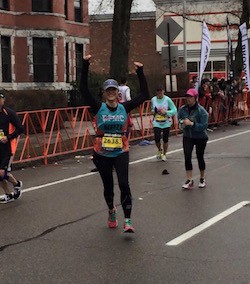
The marathon is over. How do you feel?
I definitely feel like I am high from it all. As my father says, I am floating…(Laughs) Once you run a marathon, you think you can do anything. It is the proof that all my hard training paid off. After such accomplishment, you can take many challenges. My big takeaway point is “don’t settle for average”. (Laughs)
What’s next now?
This is also something I am thinking a lot. One thing I understood was not to miss any opportunities. Having time to travel, for instance. I would like to expand my career as well.
What about your running plans?
Even though I was asked to run the New Marathon, I think I would like to run half-marathons. I think I can have better time for a half-marathon while working on a full-time job. I would like to continue my personal challenges without taking my all precious time. (BM)
* Click here to read the interview in Turkish.
BARIŞ MUMYAKMAZ INTERVIEWED
“I Come From A Land Where Soccer is Women’s Game”
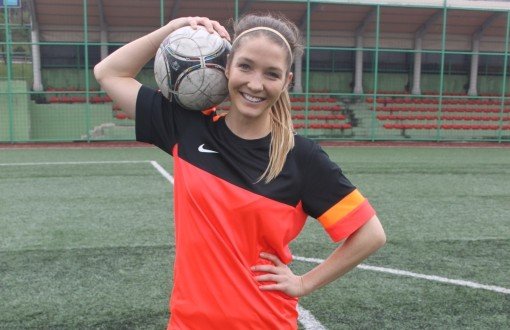
Meet Turkey’s Cancer Patient Inmates
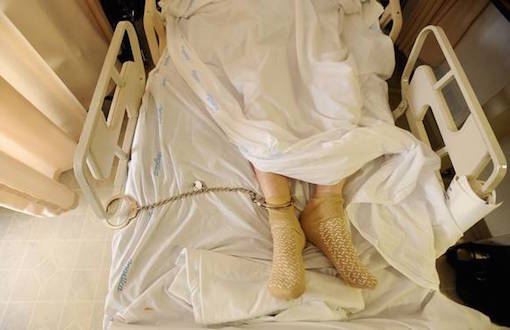
SATURDAY MOTHERS/PEOPLE
Saturday Mothers Commemorate Armenian Intellectuals of 1915
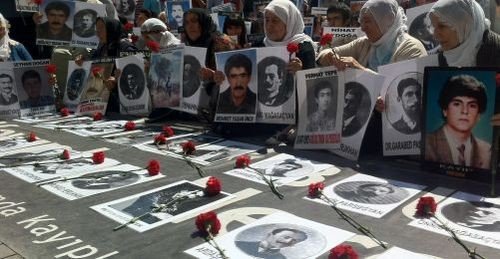
Gezi Park Emerges As Istanbul's New Alternative Hub
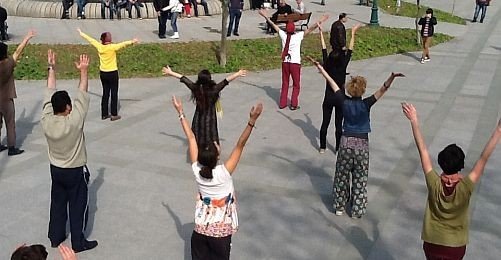
SATURDAY MOTHERS / PEOPLE
Saturday Mothers Commemorate Nurettin Yedigöl on Week 420






